If you’re coming out of a corporate career, you may have a good-sized portfolio. However, now that you want to begin your Encore Career, what’s next? Will your portfolio let you live the life you want for the next 30-plus years?
If I had to guess, I’d say that your current goals include earning, learning, and leaving a legacy. You likely want the freedom to work when you want, where you want, and on the things that you love.
This is more than possible. People in the second half of life are essential to the full functioning of our economy. The key is you can’t just rely on your portfolio–you need a platform and you need products.
Last week on Creating Your Encore Career, I talked all about what a platform and products are, why they’re important, and how to build them.
Platform
Your platform is simply your home base. It could be a simple website, an email list, or a social media profile.
If you decide to use a website as your platform, make it 3-4 pages: a home page, an about page, a work with me page, and a blog.
In his book, You Are The Brand, Mike Kim recommends that you do one big project a year:
Website
One/One Coaching or Consulting
Blog
Group coaching - low cost and low complexity
Podcast
Product
In the year, you may hit a windfall project. Don’t let that keep you from creating other income in your business.
Your platform should also contain your bio. This is technically about you. However, first and foremost, it’s about your audience and the value you will provide them.
Include some personal stories and pictures further down in your bio. Keep in mind that, if people are interested, they want to get to know you. You could try a post titled: “Things you didn’t know about me…” and include things like:
Your first job
A travel story
A family tradition
What you wanted to be as a kid
Products
What is your ideal client’s “3 am problem” that’s keeping them awake? Your product should be solving a very specific problem like that.
What people most often need is help with time, money, or skills. Reflect on your career to those times when you enjoyed working on something and it had an impact. This can give you some good ideas for a product you could create.
Whatever you choose, start with one and devote some practice to it. You can also test your product ideas. Send out an email or a post with the headline: “This may not be for you, but…” then share your ideas and ask if you can send them more information.
Finally, when you think about products, start small. You don’t need to start with a big multipart video course. Some big names with high ticket services or products also sell planners, templates, and worksheets.
All in all, both your platform and products may come from things that you have learned to do without hardly thinking about them but that are magic to a new person.

